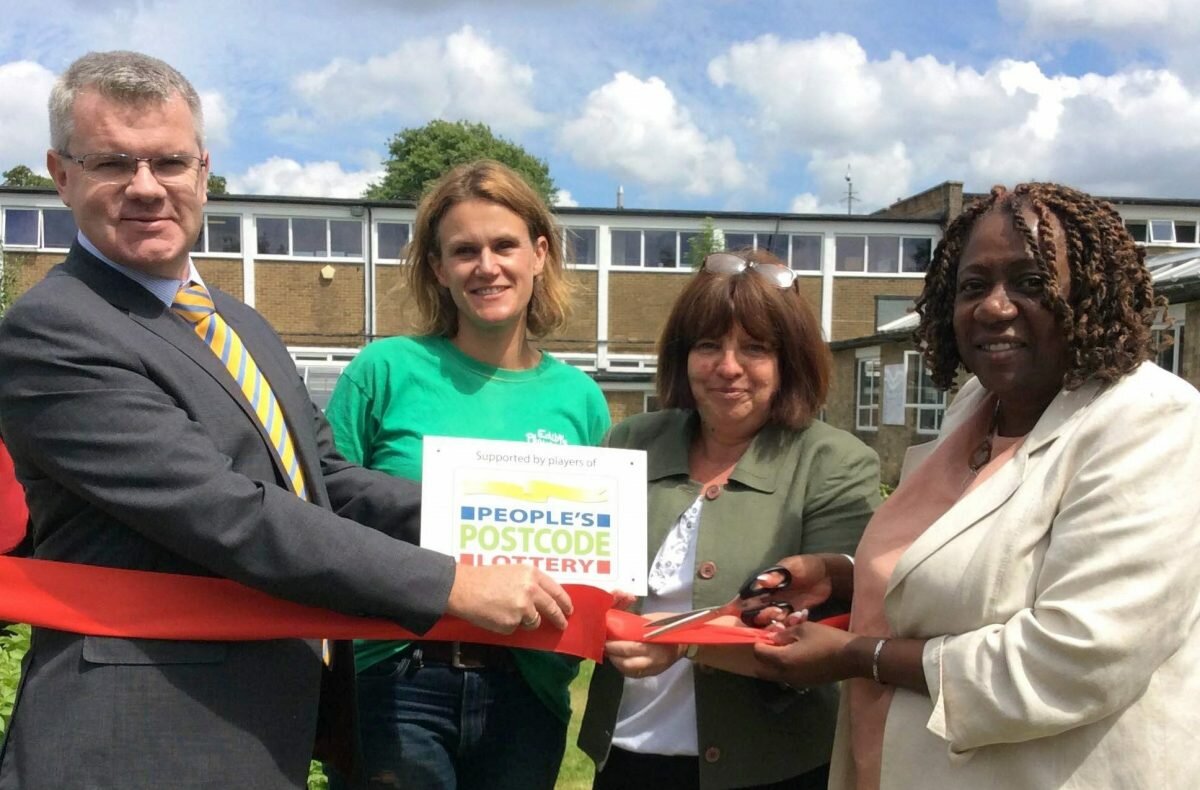
Mental health and well being are topics that have gained increased attention over the past few years, particularly in relation to children. Perhaps it’s due to the rise in mental health problems among young people.
According to researchers, the proportion of children and young people reporting mental health issues has grown six times in England in just two decades.
The Mental Health Foundation recommend a number of ways to help keep our schoolchildren healthy. Suggestions include ‘eating a balanced diet and getting regular exercise’, ‘having time and freedom to play, indoors and outdoors’, and ‘going to a school that looks after the well being of all its pupils’.
All of these factors of course resonate with what we at Edible Playgrounds and, the Food Growing Schools: London partnership, aim to achieve: using food growing to help develop healthy habits in children and get them excited about fruit and vegetables.
And there’s a large body of evidence to suggest the simple act of gardening will do wonders for a person’s health, both mental and physical. Research shows that gardeners on the whole have higher self-esteem and fewer depressive feelings and fatigue that their non-gardening counterparts. Reductions in anxiety, stress and blood pressure have all been linked to regularly working in the garden.
Gardening gives us a sense of responsibility and purpose and as such, encourages feelings of self-worth. It is also fantastic exercise, releasing dopamine, serotonin and endorphins that make us feel good. And the mindful nature of it allows us to focus on the task at hand, living in the present moment rather than being distracted by potentially anxious or uncomfortable thoughts.
There are even microbes found in soil that act as natural antidepressants. Mycobacterium vaccae occurs naturally in the soil around us and has been shown to increase levels of serotonin and decrease anxiety. How incredible is that!
Gardening doesn’t have to be an extracurricular activity at school. It can be a really useful teaching resource to help provide lessons across numerous different subjects – Maths, Science, English, Art; the possibilities are as great as teachers’ imaginations. And the feedback we’ve heard from teachers is often that an outdoor teaching resource helps them input an extra level of creativity and spark into their lesson plans.
If you don’t have the space or know-how, you can start small: a few pots on a sunny windowsill, some seeds, soil and water can be all you need to begin your gardening journey. And your ambitions and knowledge can grow as your seedlings start to sprout.
If you are keen to discuss possibilities of creating an Edible Playground at a school, contact the author of this article: .












